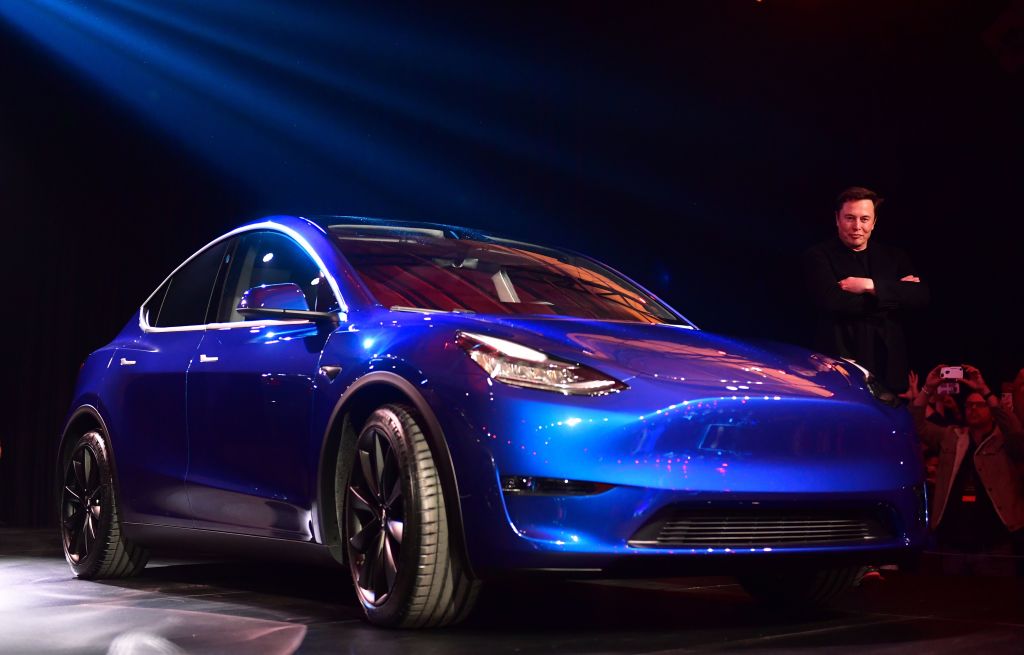- Monday, April 29, 2024
India’s policy adjustment stands as a significant victory for the American EV giant which has been trying to enter the South Asian nation’s market for a while.

By: Shubham Ghosh
INDIA on Friday (15) implemented a reduction in import tariffs for specific electric vehicles (EVs) manufactured by companies that pledge to invest a minimum of $500 million (£393 million) and commence domestic production within three years, a move that supports Tesla’s aspirations for the Indian market. The policy adjustment stands as a significant victory for the American EV giant, aligning with the company’s lobbying efforts in New Delhi, despite resistance from local manufacturers.
For years, Tesla CEO Elon Musk has sought to establish a presence in the Indian market. However, New Delhi required a commitment to local manufacturing. Over the past year, Tesla officials made multiple visits to India and Musk himself met Indian prime minister Narendra Modi during the latter’s official state visit to the US in June last year.
Read: Indian-American Tesla owners hold musical car light show ahead of Ram Mandir opening; WATCH
Source said that in July, the US carmaker proposed manufacturing a $24,000 (£18,843) car at a yet-to-be-built factory in India but requested a reduction in import taxes, which Musk argued were among the highest globally.
Under the newly enacted policy, companies meeting the specified criteria will be permitted to import up to 8,000 electric vehicles (EVs) priced at $35,000 (£27,480) or higher annually, subject to a reduced tax rate of 15 per cent. Presently, India imposes import taxes of 70 per cent or 100 per cent on imported EVs, depending on their value.
Read: Tesla’s components imports from India to double, says Modi’s trade minister in US
Tesla’s most affordable vehicle, the Model 3, has a starting price of $38,990 (£30,613) in New York, according to the company’s website.
“We invite global companies to come to India. I’m confident India will become a global hub for EV manufacturing and this will create jobs and improve trade,” Indian commerce minister Piyush Goyal, who visited Tesla’s manufacturing facility in California last November, told reporters at a press briefing.
India’s electric vehicle market, while currently modest, is steadily expanding, with Tata Motors, a domestic automaker, leading in sales. In 2023, electric models accounted for approximately two per cent of total car sales in India, with the government aiming for this figure to reach 30 per cent by 2030.
Under the new regulations, imports of EVs at the reduced tax rate will be permitted for up to five years. The waived duty will be capped at the company’s investment amount or approximately $800 million, whichever is lesser.
The policy comes when global EV sales growth is otherwise slowing and will open up the world’s third-largest auto market to new carmakers, suppliers, technologies and the overall EV ecosystem, Gaurav Vangaal, associate director at S&P Global Mobility, told Reuters.
“Multiple carmakers, who are sitting on the fence, would now like to enter India,” he was quoted as saying by the news outlet.
Tesla is grappling with a decline in demand and heightened competition from adversaries such as China’s BYD, primarily due to its limited range of entry-level vehicles and the age of its product lineup.
BYD aims to invest in the production of EVs in India but has encountered obstacles due to New Delhi’s stringent investment regulations concerning countries that share a land border.
Meanwhile, Vietnam’s VinFast, seeking reduced EV import tariffs, intends to inject $2 billion into investment and has recently commenced the construction of a factory in the southern state of Tamil Nadu.
India has been working on the EV policy for several months despite lobbying from makers such as Tata Motors and rival Mahindra & Mahindra. The objective of the new policy is to “strengthen the EV ecosystem by promoting healthy competition among EV players,” the country’s commerce ministry said.
(With Reuters inputs)
![]()